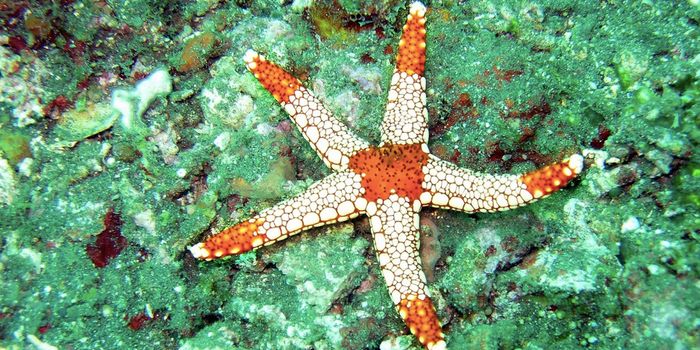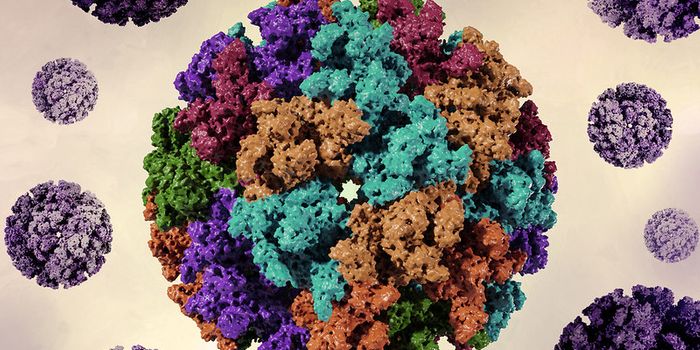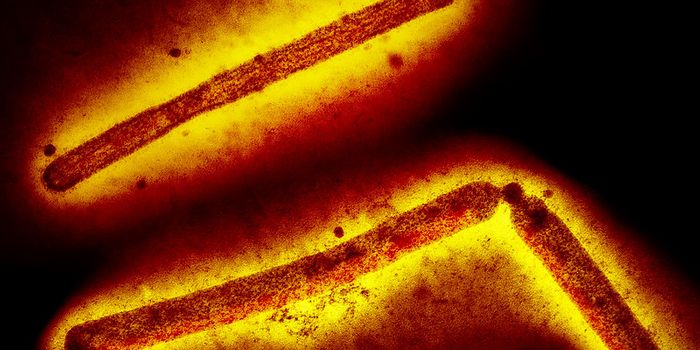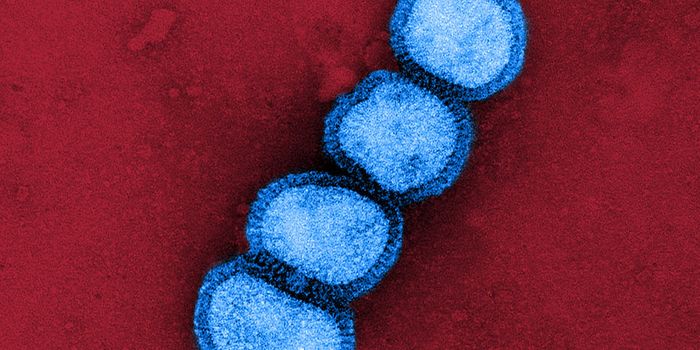C-Section Deliveries Disrupt the Transmission of Microbes From Mom to Baby
Humans carry a massive community of microbes around on and inside us from at least the time we are born, and research has shown that from our earliest days, our microbiome exerts a powerful influence on many aspects of our health. Scientists have wondered how the mode of birth - vaginal versus cesarean delivery - effects the composition of the microbiome. Researchers in Europe wanted to know more, and in new work reported in Nature Communications, they have determined that specific strains of gut bacteria pass from mother to baby during vaginal delivery. The passage of that bacteria, which stimulates the newborn’s immune system, is disrupted during cesarean deliveries. The change in bacterial transmission may be why adults that were born in different ways have markedly different health characteristics.
"This may explain why, epidemiologically speaking, cesarean-born children suffer more frequently from chronic, immune system-linked diseases compared to babies born vaginally," said the study leader, Paul Wilmes, an Associate Professor of Systems Ecology at the Luxembourg Centre for Systems Biomedicine (LCSB) at the University of Luxembourg.
There is an ongoing debate about how much bacteria might be present in the placenta and developing embryo, but birth is recognized as the time when vital microbes begin to take up residence, colonizing important sites in the body including the gut, lungs, and skin. Those colonies set the stage for health throughout life. Researchers did not know whether cesarean sections prevented the movement of critical microbes from mom to baby, affecting health potentially throughout life.
The team led by Wilmes has now found evidence that the mode of delivery does, in fact, have a major impact on the developing microbiome.
Related: How Vaginal and C-section Delivery Impact a Baby's Microbiome
"We find specific bacterial substances that stimulate the immune system in vaginally born babies,” explained Wilmes. “In contrast, the immune stimulation in cesarean children is much lower either because the bacterial triggers are present at much lower levels or other bacterial substances hamper these initial immune reactions to happen."
This research could help explain why babies born by cesarean section are more likely to develop allergies, inflammatory disorders or metabolic diseases.
"It could be that the immune system of these children is set on a different path early on," suggested Wilmes. "We now want to further investigate this link mechanistically and find ways by which we might replace the lacking maternal bacterial strains in cesarean-born babies, e.g., by administering probiotics."
"Of course, it is already clear that we should not intervene too strongly in the birth process. Babies should only be delivered by cesarean section when it is medically necessary," Wilmes added. "We need to be aware that, in doing so, we are apparently intervening massively in the natural interactions between humans and bacteria."
Learn more about the developing microbiome from the video above.
Sources: Science Daily via University of Luxembourg, Nature Communications









